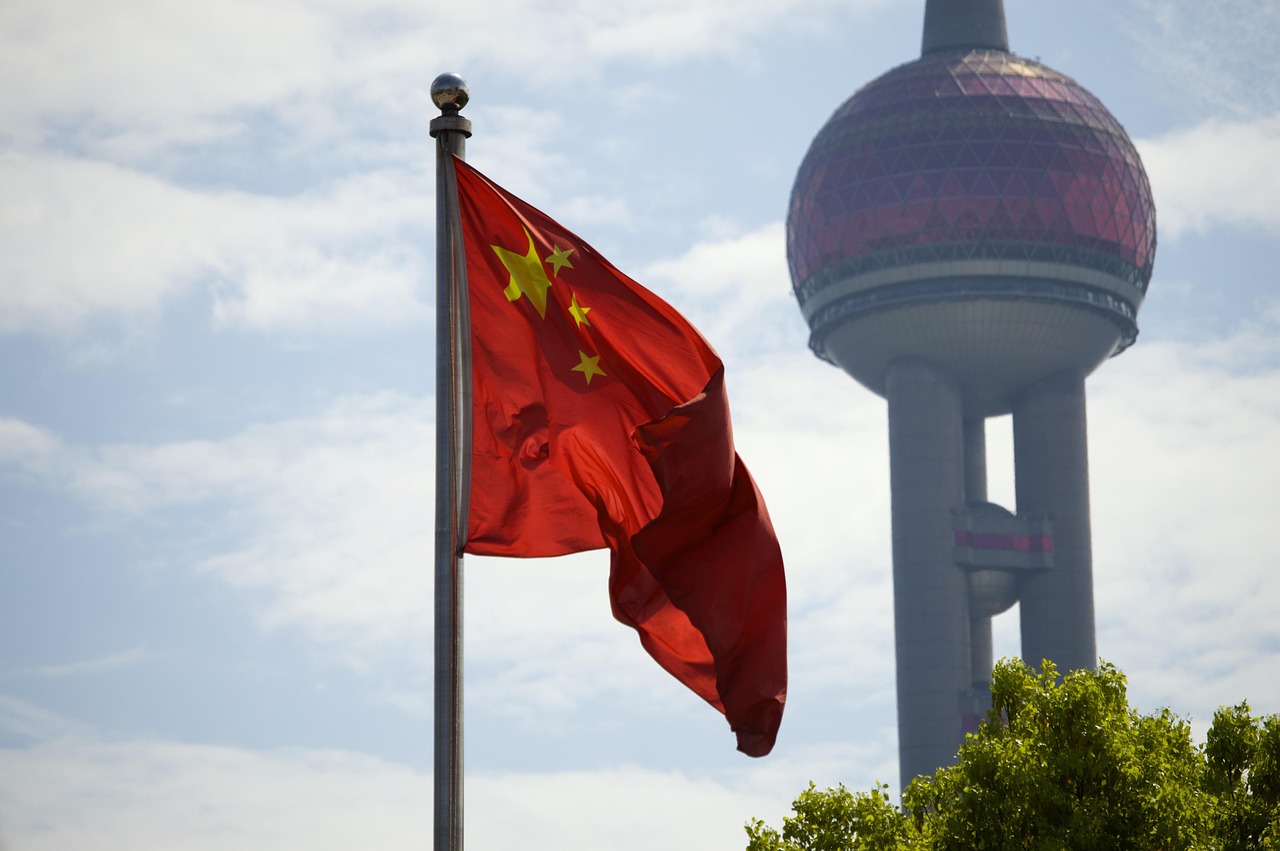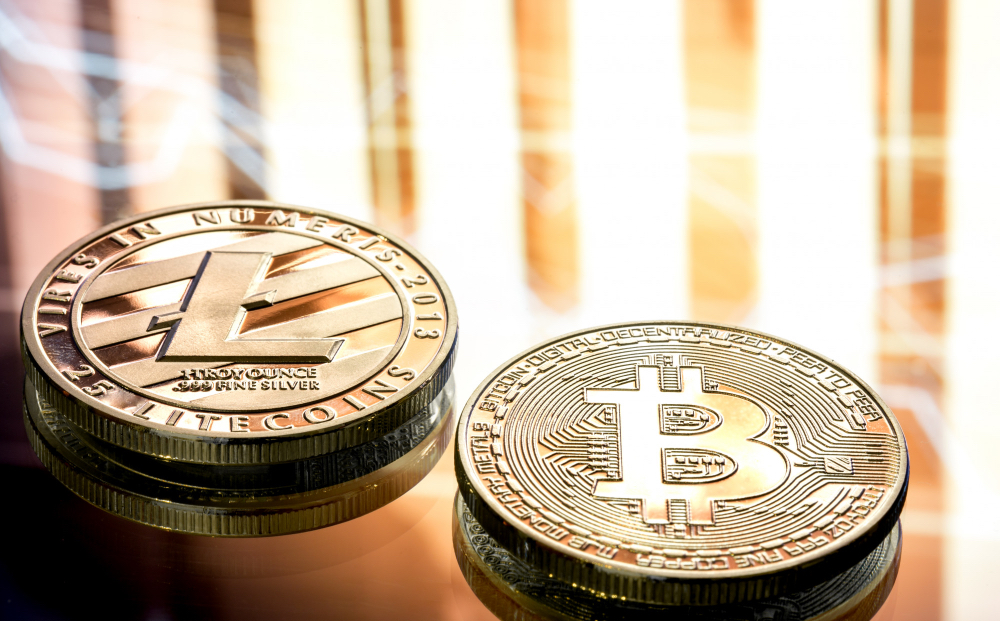Samsung will open its CES 2026 presence with a Sunday evening press conference focused on integrating AI across its product portfolio. The event will take place on 4 January at the Wynn in Las Vegas and will be livestreamed online.
Senior executives, including TM Roh, head of the Device eXperience division, and leaders from Samsung’s visual display and digital appliance businesses, are expected to outline the company’s AI strategy. Samsung says the presentation will emphasise AI as a core layer across products and services.
The company has already previewed several AI-enabled devices ahead of CES. The devices include a portable projector that adapts to its surroundings, expanded Google Photos integration on Samsung TVs, and new Micro RGB television displays.
The company is also highlighting AI-powered home appliances designed to anticipate user needs. Examples include refrigerators that track food supplies, generate shopping lists, and detect early signs of device malfunction.
New smartphones are not expected at the event, with the next Galaxy Unpacked launch reportedly scheduled for later in January or early February.
Would you like to learn more about AI, tech, and digital diplomacy? If so, ask our Diplo chatbot!










